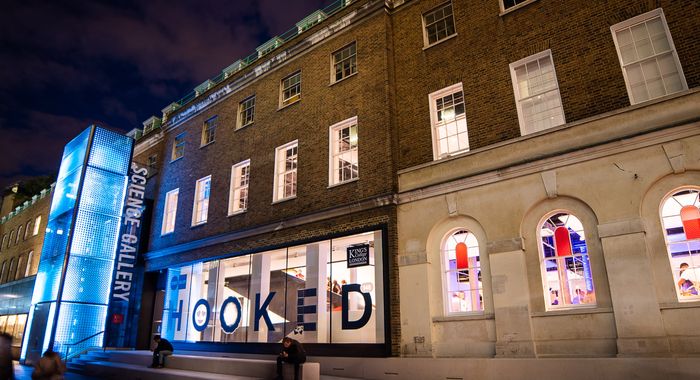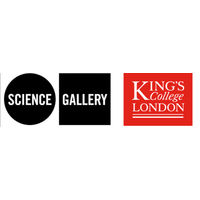The Self-Donor Workshop: The emergence of the organ tailor practice
Commission from the Science Gallery London, part of the King's College London. The Self-Donor Workshop project aims to update the medical torso to reflect on the possibilities of future organ bioengineering and transplantation. Whilst customised human organs are still far from being a reality, it may soon be possible to engineer organoids that would improve certain bodily functions. The project presents a vision of a bioengineering boutique, in which human stem cells could be sampled and cultured until they have grown into simplified organs. Each cultured tissue is given a biopharmaceutical label and name based on the organ it is to be grafted onto. The packaging and display of biological matter as consumable goods, therefore, aims to address our current view of the human body in this age of quick technological advances. It is reflecting our desire as a capitalistic society to try linking biomedical sciences with the aggressive commercialization that is invading nearly every sector of human life. The speculative scenario emphasizes the need to update the anatomical torso as an educational tool which fails to offer general biological insights to the learners. The set-up of the torso within the display also hints at a tailoring workshop environment that speculates on the emerging new profession which merges the field of medicine, biological engineering and 3D design. Another aspect of the project looks at the requirements of standardisation of medical and bioengineering research that is currently dictating the acceptance of new techniques and materials. By designing a made-to-measure top-up toolkit for the most commonly mass-produced medical torso model it aims to raise questions looking at the contradictory notion of each human body being a totally diverse and individual entity.


